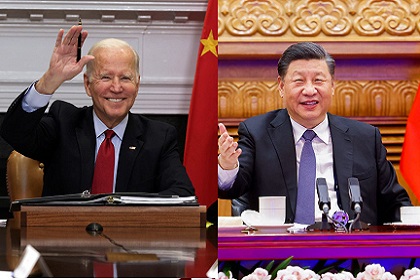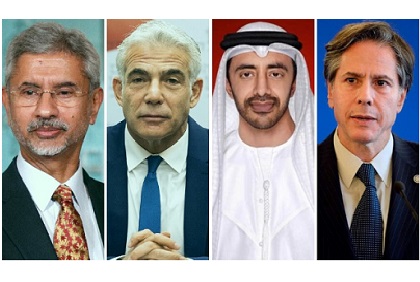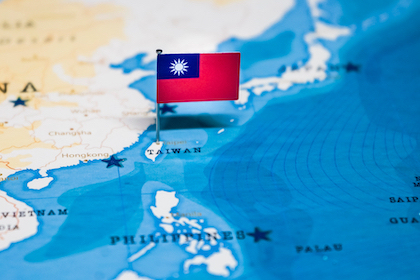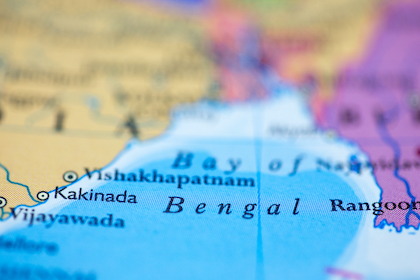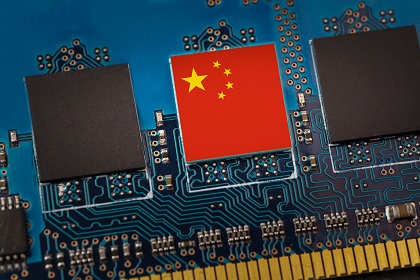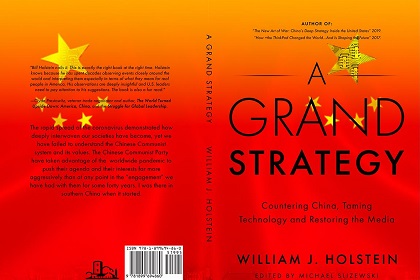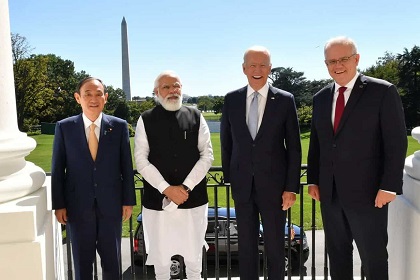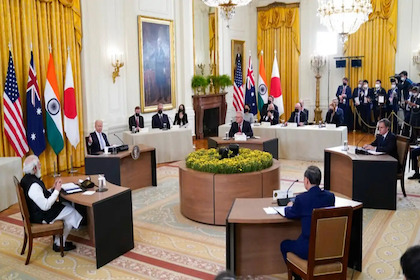Biden and Xi walk toward détente?
On November 15, the presidents of the U.S and China met for the first time since Joe Biden was sworn in earlier this year. The main purpose was for the two heads of state to get to know each other and establish a line of communication. If this is Cold War 2.0, with similarities to, as well as differences, from Cold War 1.0, then what the Biden administration has in mind is something akin to détente, with some scope for cooperation, especially on climate change.

